
Dear Friends,
We hope this finds you well, and you are taking time to look after yourselves and each other as we enter the cooler months across the continent.
Below you'll find updates on what our Institute team has been up to recently and be sure to check out the opportunities section to see what's available for First Nations women, girls and gender-diverse mob to engage in.
This edition highlights our team's recent participation at the United Nations Permanent Forum on Indigenous Issues, where we delivered our first statement, elevating First Nations gender justice on the global stage. You'll also find reflections on the recent First Nations Women in Leadership Summit, where our team members facilitated powerful presentation and workshop.
We'd also love to hear from you - if you have stories of First Nations women, girls and gender-diverse people doing incredible things that you'd like us to share in future newsletters, please let us know via wyut@anu.edu.au.
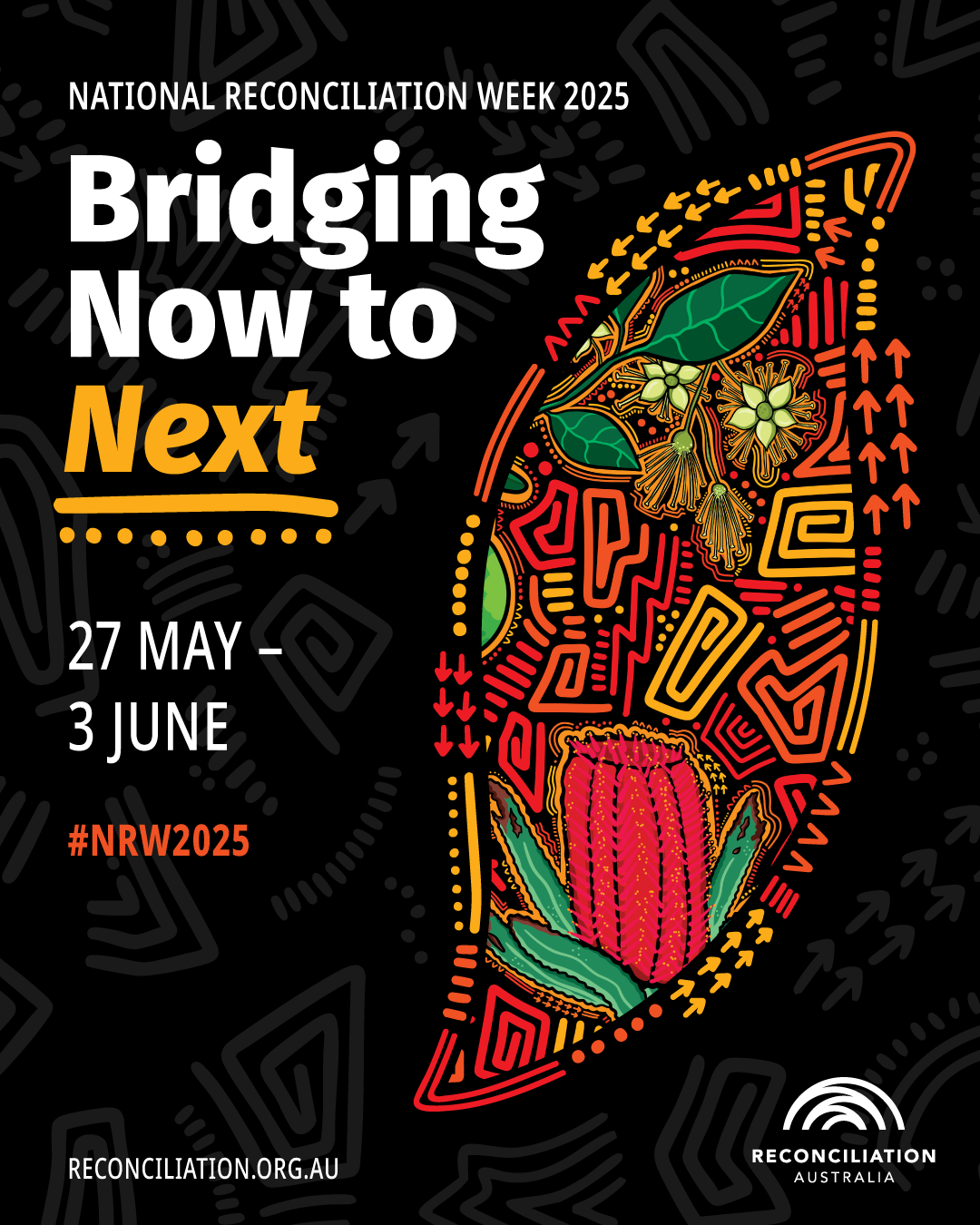
As we approach National Reconciliation Week (27 May - 3 June), we reflect on this year's theme "Bridging Now to Next" and its deep connection to First Nations gender justice. This theme speaks to what First Nations women, girls and gender-diverse people have always done—weaving the threads between past, present and future through their knowledge systems.
Bridging Now to Next exemplifies the journey toward the guiding purpose articulated in our Change Agenda:
"The world upholds and responds in reciprocity to the rights and lives of First Nations women, girls and gender-diverse people in all our diversity. We sing our songs, live and care within Country in cycles of time for the wealth and health of generations to come so our children, forever, thrive and prosper."
Learn more about National Reconciliation Week
The artwork for this year's theme by Kalkadoon woman Bree Buttenshaw features native plants that regenerate after fire, mirroring how First Nations women have maintained systems of care in despite ongoing impacts of colonisation and climate change. Like these resilient plants, First Nations communities nurture cultural practices essential to healing Country and community.
First Nations matriarchal knowledges are living systems that have sustained communities since time immemorial and speak directly to today's challenges. When we centre these knowledge systems, we find solutions already exist for the challenges we collectively face.
This Reconciliation Week, we invite everyone to actively centre First Nations women, girls and gender-diverse people's voices in their reconciliation journeys. The bridge to "Next" requires transforming relationships with each other and with Country. When First Nations women's voices are truly valued and elevated, we can collectively reweave the social fabric, creating systems of care that nurture Country, strengthen community, and ensure children thrive for generations to come.
In April, Institute team members Terri Reid (she/her) and Banok Rind (she/her) travelled to New York City to represent the Institute and First Peoples of Australia Caucus at the 24th Session of the United Nations Permanent Forum on Indigenous Issues (UNPFII). Learn more about UNPFII
Their participation elevated the voices of First Nations women and gender-diverse people on the global stage, sharing insights on gender justice approaches grounded in matriarchal knowledge systems. The Institute delivered its first statement at UNPFII, calling for the following recommendations:
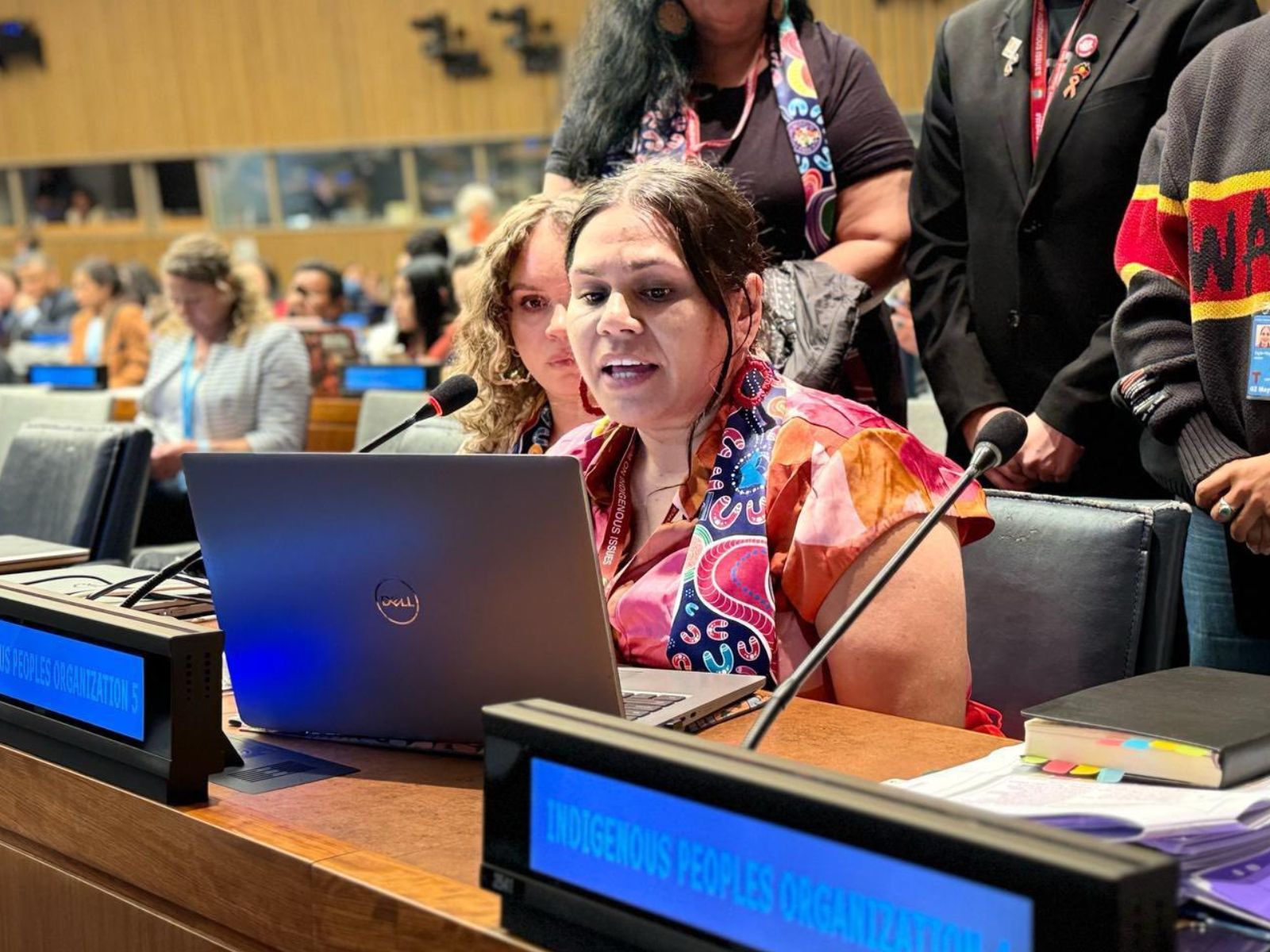
Team members Chloe Wegener (she/her) and Terri Reid (she/her) joined a room of deadly First Nations women and gender-diverse people at the 2nd First Nations Women In Leadership Summit, hosted by the Hatchery.
Alongside many inspiring and deadly presenters, Terri and Chloe spoke about the WYUT journey so far, the Institute, and guided the audience through a systems embodiment practice.
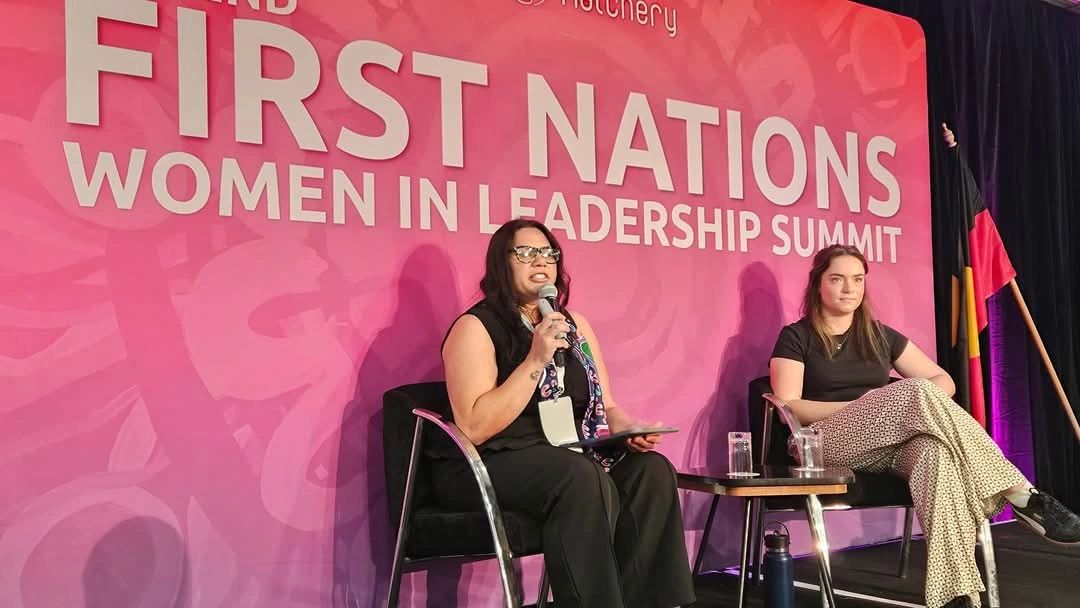
Following the summit, our team facilitated a transformative workshop where First Nations women and gender-diverse participants wove together systems thinking with our Ways of Working and Measurement, Evaluation & Learning practices. Through yarning, creating with clay and visual storytelling, participants surfaced their own powerful knowledge, translating deep wisdom into contemporary First Nations gender justice practices to carry forward in their communities and organisations.
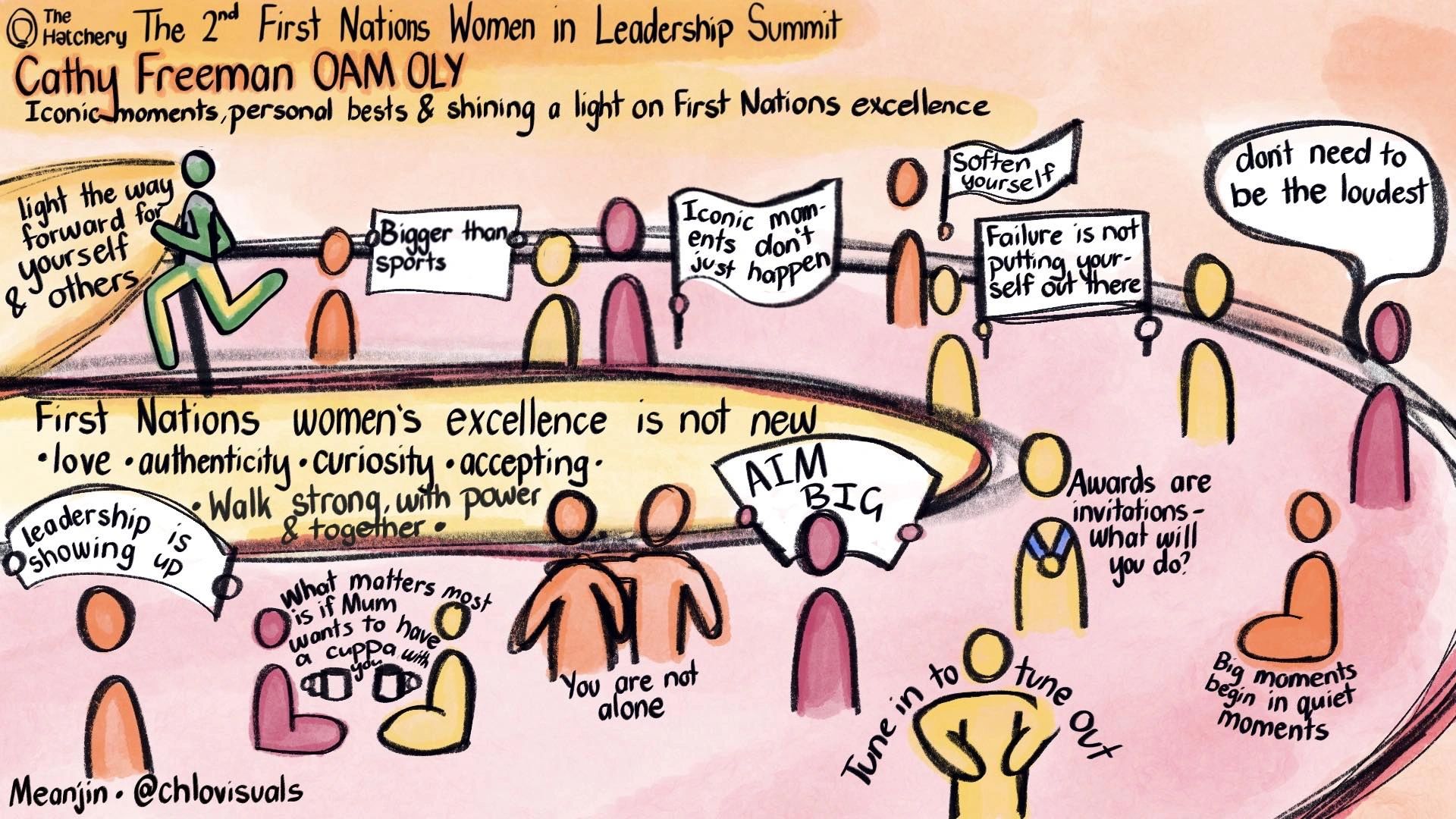
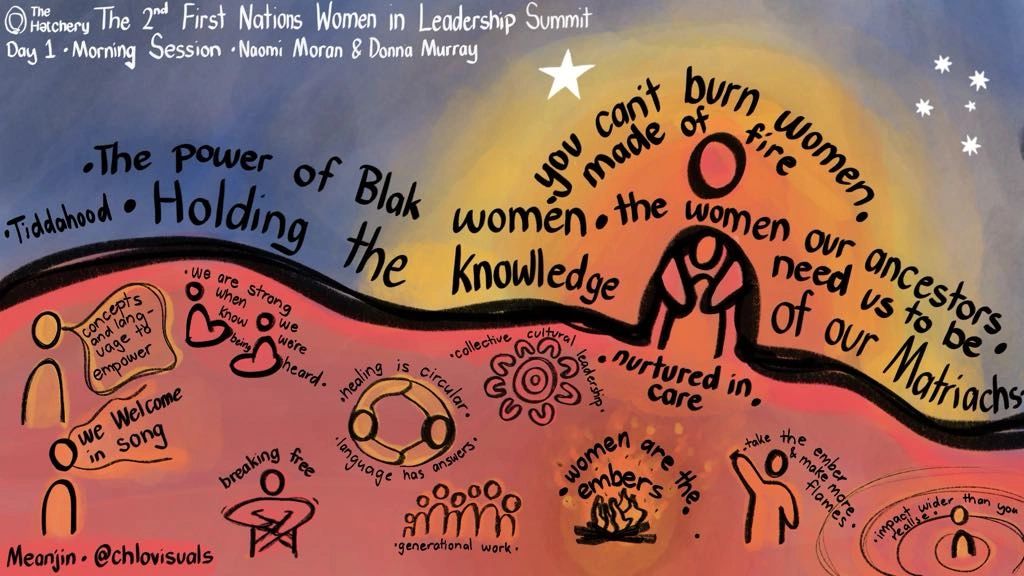
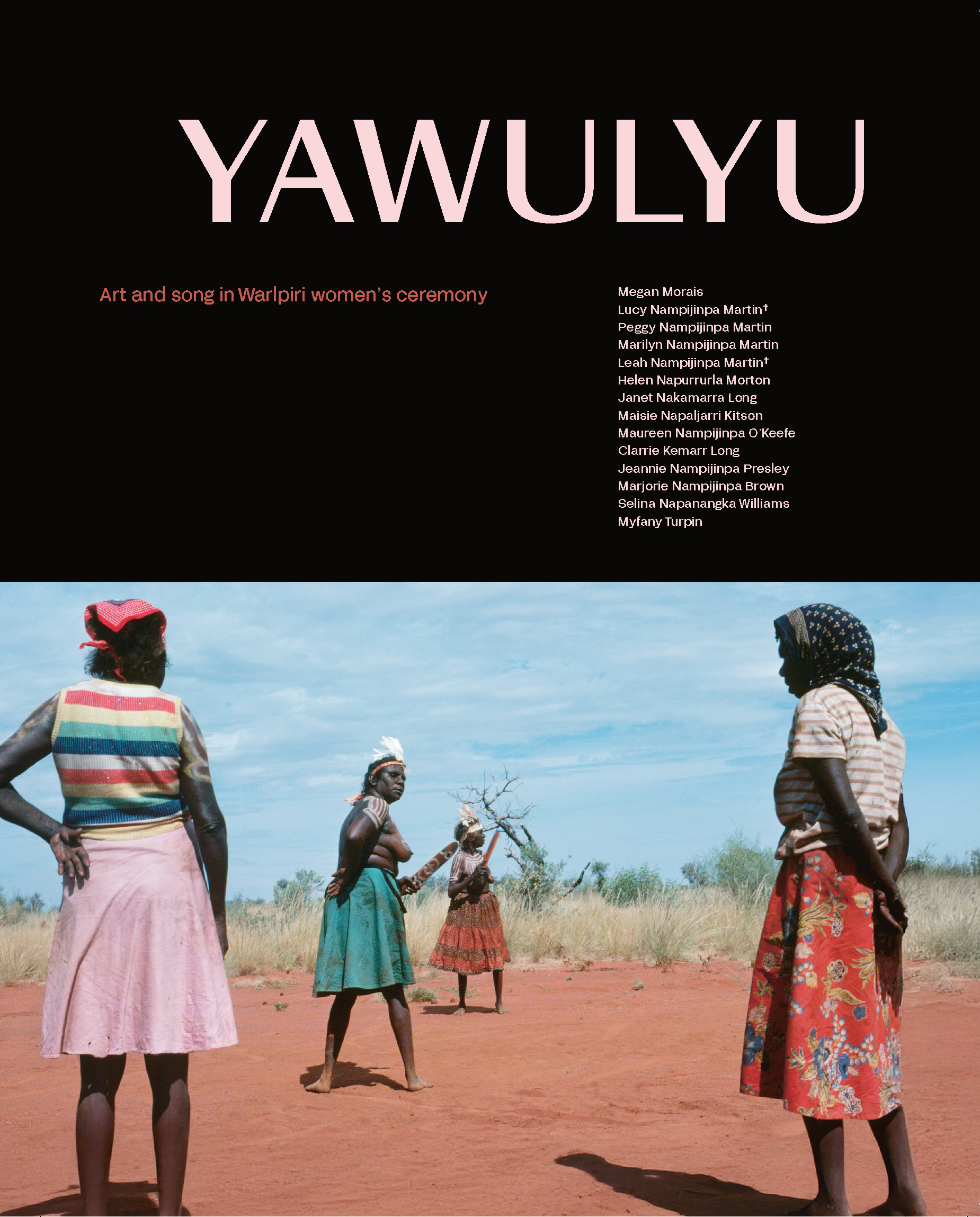
WARNING: Aboriginal and Torres Strait Islander people should be aware that this content contains names of deceased persons.
First Nations women's strength in cultural preservation shines through in the groundbreaking new book "Yawulyu: Art and song in Warlpiri women's ceremony." This powerful collaboration between the late Lucy Nampijinpa Martin, eleven other Warlpiri women with cultural authority, and ethnochoreologist Megan Morais demonstrates how women's knowledge systems continue to be maintained and strengthened through innovative approaches.
The project exemplifies deep respect for cultural protocols and women's self-determination. After viewing designs and recordings gathered in the early 1980s, Willowra women made the collective decision not only to preserve these ceremonial traditions in a book but also to ensure readers could listen to the songs through QR codes linking to audio recordings. This intergenerational approach ensures vital cultural knowledge remains accessible for future generations of Warlpiri women.
The proceeds from sales return directly to the Warlpiri community, reinforcing economic sovereignty alongside cultural continuity.
"Yawulyu — Art and song in Warlpiri women's ceremony" is available from the AIATSIS Shop (shop.aiatsis.gov.au/products/yawulyu) and all good bookshops for $59.99, with the official launch taking place in Wirliyajarryi/Willowra on 27 May and at the NT Writers Festival in Mparntwe/Alice Springs on 1 June.
At the Institute, we're bringing our Ways of Working to life through intentional daily practices. While journaling is a widely practiced tool for reflection, what makes our approach distinctive is how we've aligned it with our "Self-Reflective and Aware" Way of Working.
When we consider the environments and interactions that have formed our thoughts and behaviours, we open ourselves to deep growth and healing. Our journaling practice isn't just about productivity or personal development—it's about (re)connecting with cultural ways of knowing and being. This practice invites us to:
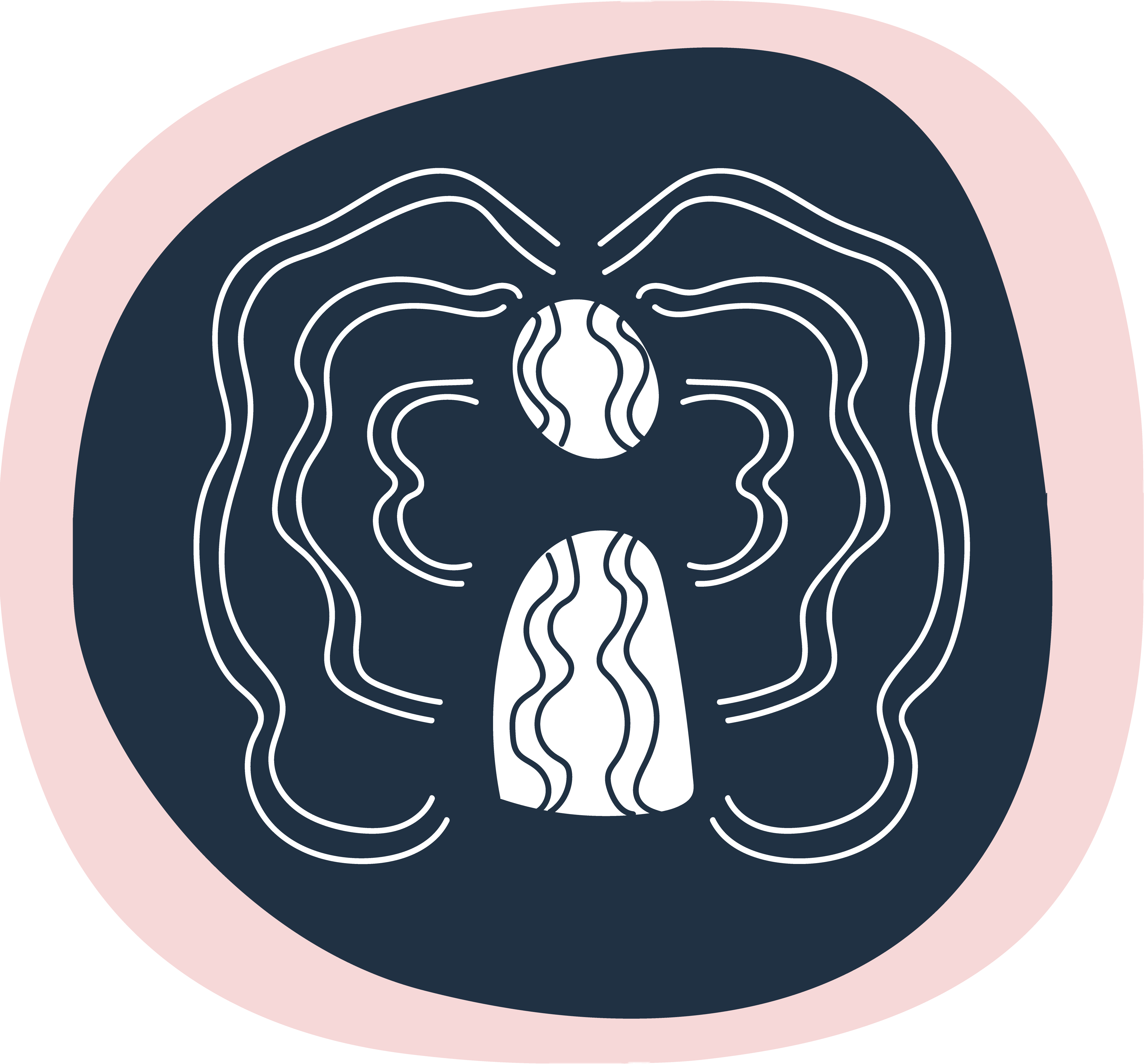
Connect with our whole selves: Through journaling, we create space to listen to our bodies, hearts, and spirits, not just our analytical minds. Team members often begin with entries like "I sense..." to tune into physical sensations, emotions, and thought patterns, recognising the wisdom that resides throughout our being.
Recognise patterns and cycles: Through regular journaling, team members track how thoughts, feelings and responses flow and repeat. This practice helps us see connections between different moments and experiences, much like the cyclical patterns observed in Country—seasons changing, tides flowing, and stories connecting across generations. By noticing these cycles, we become more intentional about how we respond to challenges.
Open ourselves to different viewpoints: Our journaling prompts encourage questions like "What makes others strong?" and "How would my thoughts be different if I had someone else's experiences?" These reflections help us step beyond our own perspectives and embrace diversity of experiences, directly embodying the curiosity and openness central to our Ways of Working.
Team members have shared that this culturally-grounded approach to journaling helps them navigate complex work with more clarity and compassion. As one colleague reflected: "Journaling guided by our Ways of Working has helped me recognise when colonial thinking patterns are influencing my decisions. This awareness creates space for me to reconnect with cultural ways of knowing and choose differently."